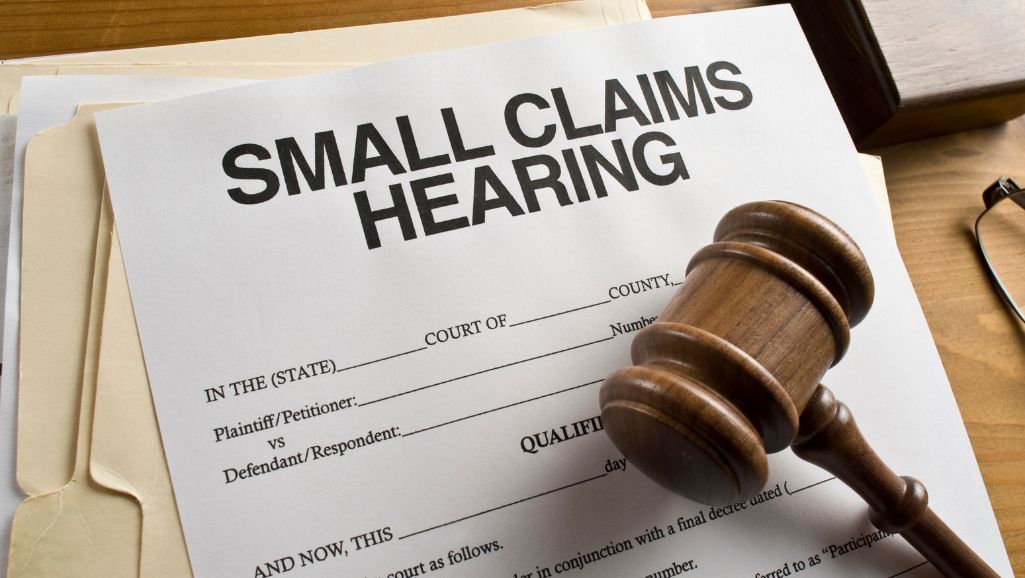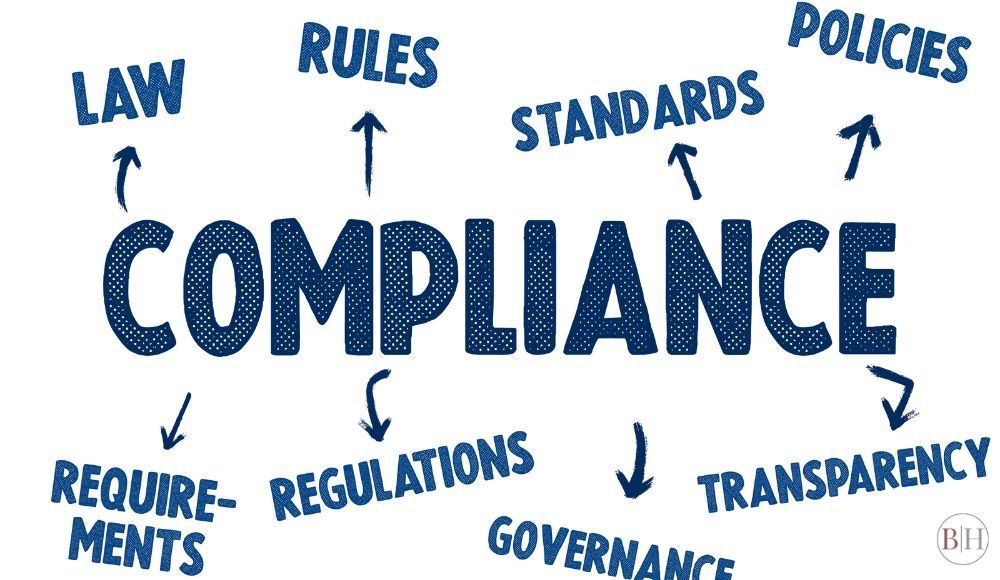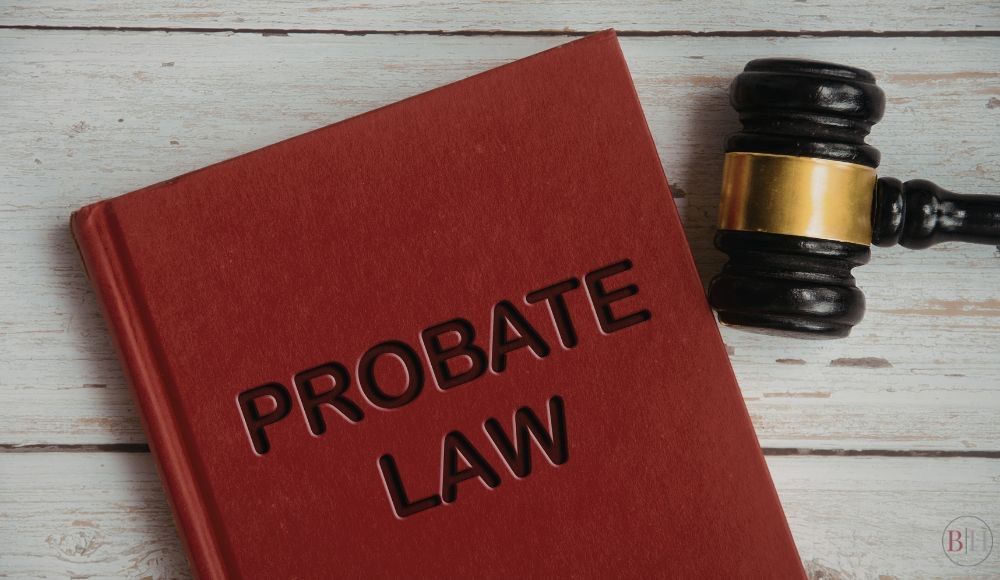Civil Litigation and the Magisterial District Court (“Small Claims Court”)

There are different courts that can hear your civil litigation case in Pennsylvania. An experienced Civil Litigation Attorney can guide you to your best option.
Magisterial District Court (often known as “small claims court”) is the quickest and often least expensive option for applicable cases. Claims under $12,000 can be decided by Magisterial District Judges.
Small claims courts may hear civil cases, such as the following:
- Breach of contract disputes
- Collection on debts or loan repayments
- Property damage claims
- Landlord-tenant matters
PA Small Claims Court Process
Often, in civil cases, and before filing a claim, you should consider whether you will get paid if you obtain a judgment. It is sometimes necessary to determine if the defendant (person or entity being sued) is judgment-proof, which usually means they do not have a means of paying you. If they are deemed judgment-proof, taking them to court may be a waste of time and resources. Also, it is always necessary to ensure that you are filing your case within the statute of limitations period, which is typically two to four years in Pennsylvania, depending on the claim you are making. Consulting with an attorney regarding this issue is advised.
The next step is determining where to file the claim. Every Pennsylvania county (except Philadelphia) is divided into districts, and each district has a Magisterial District Judge. Factors that are considered when choosing which court to file in include but are not limited to where the defendant lives or does business and where the cause of the claim arose.
To file a case, it is necessary to file a complaint. The complaint requires you to identify your name and address, the name and address of the individual or business being sued, details of the claim (date, reason, etc.), and the amount you are seeking. You will also need to pay a filing fee and a fee for serving the complaint on the defendant which can be accomplished by certified mail or constable service. If you win the case, the defendant is required to pay the court costs back to you. The Magisterial District Judge will determine the hearing date.
Once a hearing is scheduled, it is necessary to prepare for it. There are multiple ways to prepare including the creation of a compelling statement that supports your complaint, gathering documents and evidence, finding witnesses, and determining how to present your evidence. You may win by default if the defendant does not appear for the hearing.
At the hearing, the parties will present their claims and defenses. Speaking before a judge can be intimidating, but you can hire an attorney to speak on your behalf. Both sides will also have the opportunity to question each other. After everyone has presented their case, the Magisterial District Judge will issue a decision immediately or within five days of the hearing.
What you do after the hearing depends on the Judge's decision and what the defendant does. Whichever party loses can appeal to the court of common pleas within thirty days of the Judge's decision. If that happens, the case will start all over again as if the first hearing never happened. If you win the case, and there is no appeal, it is up to you to collect the judgment. It may be necessary to execute on the judgment, which may include a personal property execution or, in limited circumstances, a wage garnishment.
How Can a Litigation Attorney Help?
You are not required to have an attorney in small claims court (or any court). However, an experienced civil litigation attorney can protect your interests. We can advise you of your best options, walk you through the process, and represent you in court.
If you need an attorney, you can call the law firm of Bingaman Hess at 610.374.8377 or find us online. Our experienced litigation attorneys will review your legal issues and recommend your best strategy.









